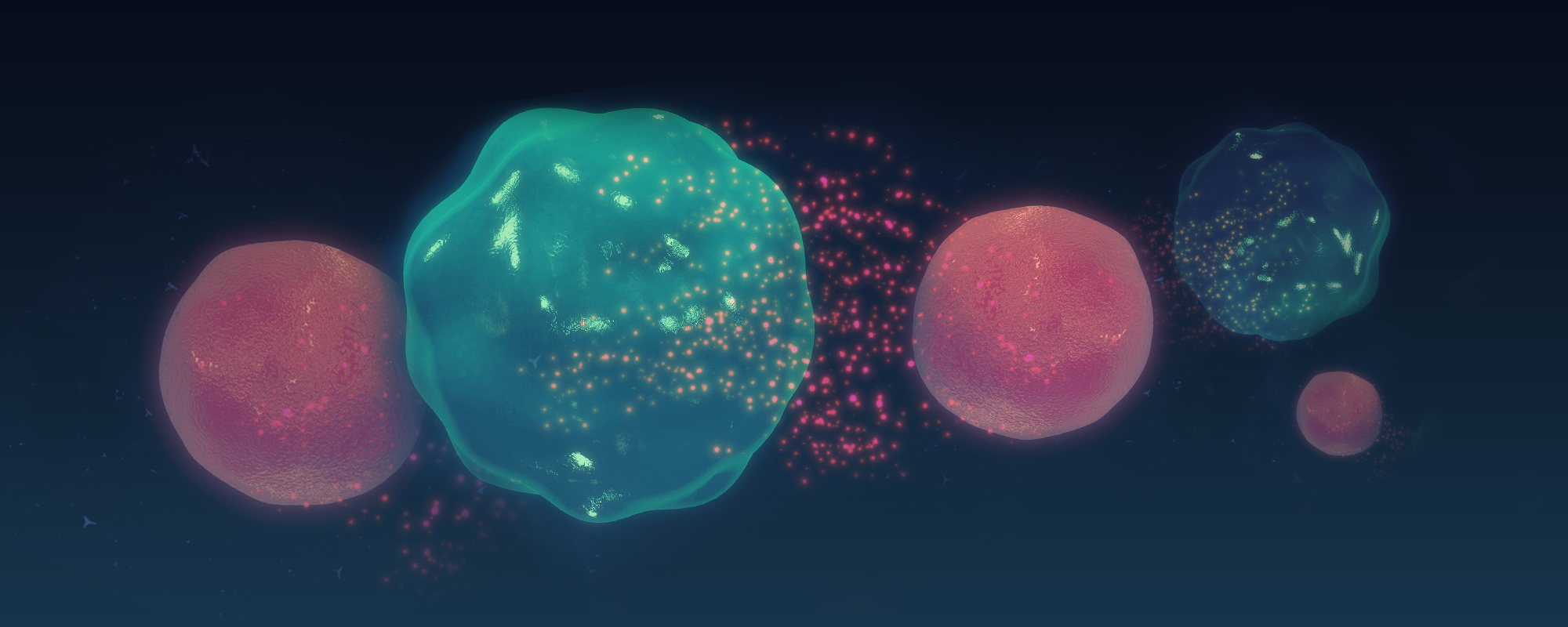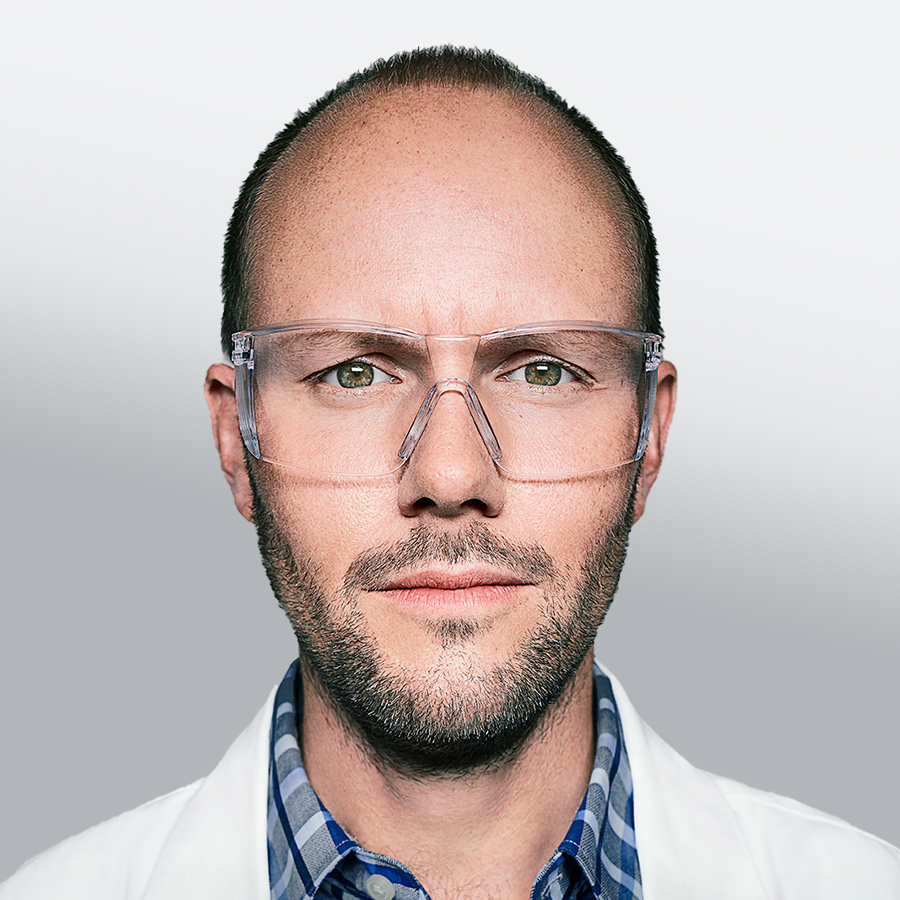Blood cancers spread differently in the body than other cancers. Certain blood cancers originate in bone marrow, which impacts how blood cells produce and function. The cancer then moves quickly to the blood, causing cancerous cells to spread throughout the body. Because most blood cancers can’t be prevented or screened for, the health care community is focused on finding cures. With CAR-T therapy, immune cells are extracted from a patient, genetically altered to better recognize and battle a particular cancer, and inserted back into the body to boost their own fighting power. Ultimately, these modified cells—often referred to as a “living drug”—may help eliminate the disease.
While still largely in trial phases, CAR-T therapies may one day be used to treat multiple diseases, including leukemia, myeloma, and brain tumors. Recently, the U.S. Food and Drug Administration (FDA) approved CAR-T therapies to treat certain children and young adults with a form of acute lymphoblastic leukemia, as well as adult patients with relapsed non-Hodgkin lymphoma. Biopharmaceutical companies are leading exploration for these groundbreaking therapies to ultimately deliver them to the patients who need them. And while personalized medicine requires a highly technical, individualized approach, researchers are continually refining this therapy, and others, to improve their development and power results. Currently, there are more than 334 medicines in development to treat a variety of blood cancers. These gene and cell therapies represent a new class of medicine for immuno-oncology and a brighter future for patients battling cancer.





